The Canadian Review of International Law and Policy (CRILP) Blog is supported by the International Law Initiative at Lincoln Alexander School of Law (LASL), Toronto Metropolitan University (TMU) Canada. The CRILP Blog invites the academic and scholarly community as well as those engaged in one form or another in international law work to share their research findings, policy and legal analyses, opinions and ideas on international law-related topics and current issues. The aim is to stimulate debate, critical reflection, and issue awareness on those international law matters that are of most relevance to you. The CRILP Blog welcomes critical engagement with the most pressing international law issues of our time and aims to provide an outlet for individuals seeking to reflect on these issues, stimulate discussions and make recommendations.
Curators
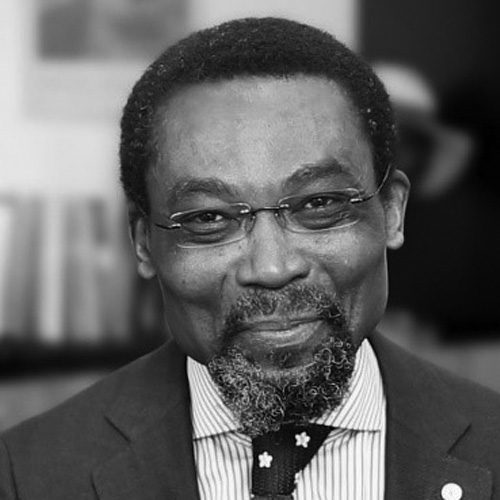
Dr. Chile Eboe-Osuji
Distinguished International Jurist
Lincoln Alexander School of Law
Chile Eboe-Osuji is the Distinguished International Jurist at the Lincoln Alexander School of Law and Special Advisor to the President. He served as the President of the International Criminal Court in The Hague, from 11 March 2018 to 11 March 2021, and a judge at the Court from 2012 to 2021. Before the ICC, he worked in various capacities at the UN, including as the Legal Advisor to the United Nations High Commissioner for Human Rights in Geneva, and as a senior prosecution counsel at both the International Criminal Tribunal for Rwanda and the Special Court for Sierra Leone. He practised law as barrister in Canada and Nigeria. He is a recipient of the Goler T Butcher Prize of the American Society of International Law, the Honorary Patronage of the Philosophical Society of Dublin College, and an Honorary Doctor of the University of Middlesex. He received his LLB from the University of Calabar (Nigeria), his LLM from McGill University, and his PhD from the University of Amsterdam (the Netherlands).
He has written and lectured extensively on international criminal law, international humanitarian law and international human rights law.
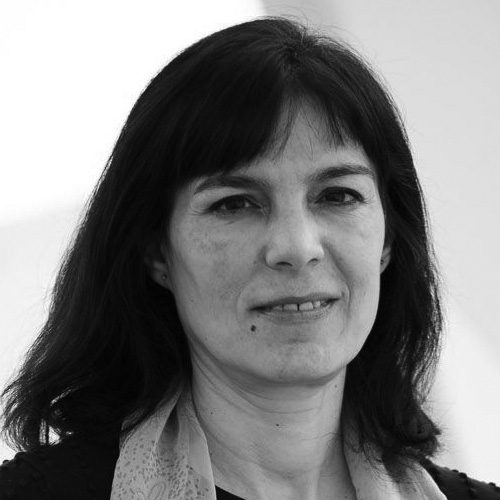
Idil Atak
Lincoln Alexander School of Law
Areas of Expertise: Irregular migration, refugee protection, securitization of migration and human rights law
Idil Atak is an associate professor at the Lincoln Alexander School of Law. Dr. Atak holds a PhD from the Université de Montréal’s Faculty of Law. The former editor-in-chief of the International Journal of Migration and Border Studies (IJMBS), she is a past president of the Canadian Association for Refugee and Forced Migration Studies (CARFMS). Her research interests include irregular migration, the criminalization of migrants, and the protection of the rights of irregular migrants, asylum seekers and refugees in Canada and in Europe. Dr. Atak served as a legal expert for the Turkish Ministry of Foreign Affairs in Ankara, then as deputy to the Permanent Representative of Turkey to the Council of Europe in Strasbourg, France.
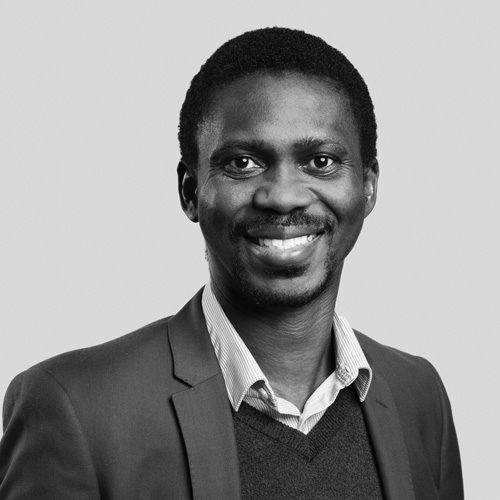
Uchechukwu Ngwaba
Lincoln Alexander School of Law
Areas of Expertise: Public health and human rights, international human rights law, health systems, health governance frameworks, constitutional theory, comparative constitutional law, and transitional justice
Assistant Professor Uchechukwu Ngwaba teaches public international law in Lincoln Alexander School of Law. His research program engages multi-disciplinary, comparative and socio-legal methods in exploring complex questions affecting health governance frameworks in the Global North and South. His latest research project which is funded by a SSHRC Explore Grant sets out to embed a regional framework for health governance in the Inter-American Human Rights System. Prof Ngwaba’s work in transitional justice engages TWAIL as a useful theoretical lens for critical internationalism to interrogate claims about universalism in the pursuit of international criminal justice, whilst pushing for better representation for the subaltern in international thought and action.
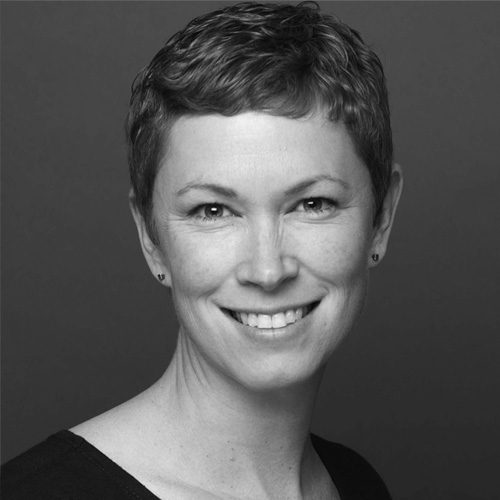
Jennifer Orange
Lincoln Alexander School of Law
Areas of Expertise: Human rights, international law, organizational theory, dispute resolution, socio-legal studies, museology
Jennifer Orange is an assistant professor at the Lincoln Alexander School of Law where she teaches International Human Rights Law. Professor Orange is a lawyer, adjudicator, and human rights scholar. She received her S.J.D. from the University of Toronto, her LL.M. from New York University (International Legal Studies), her LL.B. from the University of Toronto, and her B.A. in Asian and Middle Eastern Studies from the University of Pennsylvania. Her research investigates the relationship of cultural institutions with new developments in both international and domestic human rights law. She is passionate about the potential for partnerships between cultural and legal institutions in the work to prevent, and recover from, human rights violations. She has written and lectured on international law, human rights, the law of armed conflict and the role of museums. She is a Senior Fellow at the Bill Graham Centre for Contemporary International History, a member of the Advisory Board of the Canadian Centre for the Responsibility to Protect and a member of the Canadian Human Rights Tribunal.

Peter Halewood
Ted Rogers School of Management
Areas of Expertise: Legal theory, international economic law, human rights law, food insecurity, property law, law and inequality, academic freedom, campus activism.
Peter Halewood is a Professor in the Law & Business Department of the Ted Rogers School of Management at Toronto Metropolitan University and teaches at the Lincoln Alexander School of Law. From 2018-2020 he held the Gov. George E. Pataki Distinguished Professorship in International Commercial Law at Albany Law School and is a member of the New York State Bar. His research addresses international trade and commercial law, voting rights, race and law, food insecurity and human rights law. He was a fellow at the Law and Society Trust in Colombo, Sri Lanka, a law clerk to the justices of the Court of Appeal for Ontario, a visiting professor at Osgoode Hall Law School and the University of Paris X, and a visiting scholar at University of Rome Tre Faculty of Law. He has consulted on projects with the International Development Law Organization in Rome, the State University of New York Research Foundation, and the University at Albany Global Institute for Health and Human Rights. In 2019 he chaired the Association of American Law Schools Section on International Human Rights and sat on the Executive Committee of the AALS Section on Law in the Americas.
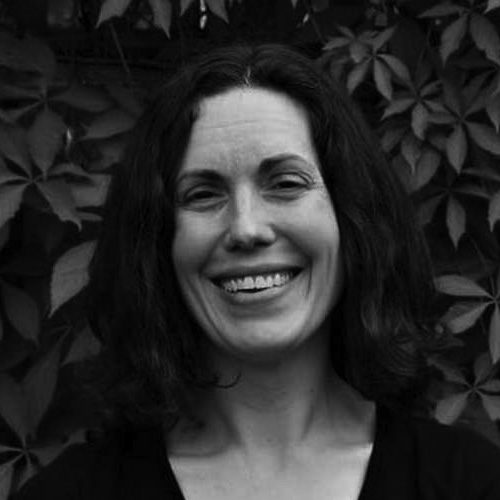
Hilary Evans Cameron
Lincoln Alexander School of Law
Areas of Expertise: Refugee law; administrative law; memory; risk perception; lie detection; logic and legal reasoning; clinical legal education
Assistant Professor Hilary Evans Cameron teaches evidence law, administrative law, and advanced legal research and writing at the Lincoln Alexander School of Law. A former litigator, she represented refugee claimants for a decade and holds a doctorate in refugee law from the University of Toronto. Her research largely focuses on credibility assessment in the refugee law context. She is the author of a book about the law of fact-finding in refugee status decision-making (Refugee Law’s Fact-finding Crisis: Truth, Risk, and the Wrong Mistake, Cambridge 2018) that explores the normative foundations of the 1951 UN Refugee Convention and its ‘non-refoulement’ principle.
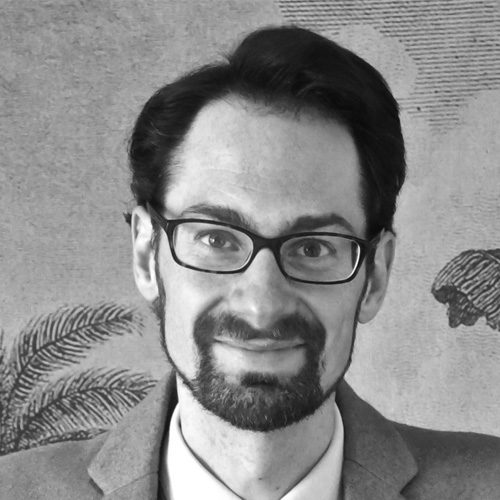
Christopher Campbell-Duruflé
Lincoln Alexander School of Law
Areas of Expertise: International law, environmental law, human rights, climate law, Inter-American human rights system, sustainable development, international relations
Assistant Professor Campbell-Duruflé teaches class actions law at the Lincoln Alexander School of Law. His research focuses on the role of international law in responding to some of the most pressing challenges of our time. He has published on the negotiation of the 2015 Paris Agreement on climate change, appeared before the Senate during the study the Canadian Net-Zero Emissions Accountability Act, and supported discrimination and Indigenous rights litigation within the Inter-American system. He is a Fellow of the Cambridge Centre for Environment, Energy and Natural Resource Governance (C-EENRG) and a member of the C-EENRG Research Series editorial team, and serves on the legal committee of the Centre québécois du droit de l’environnement.
